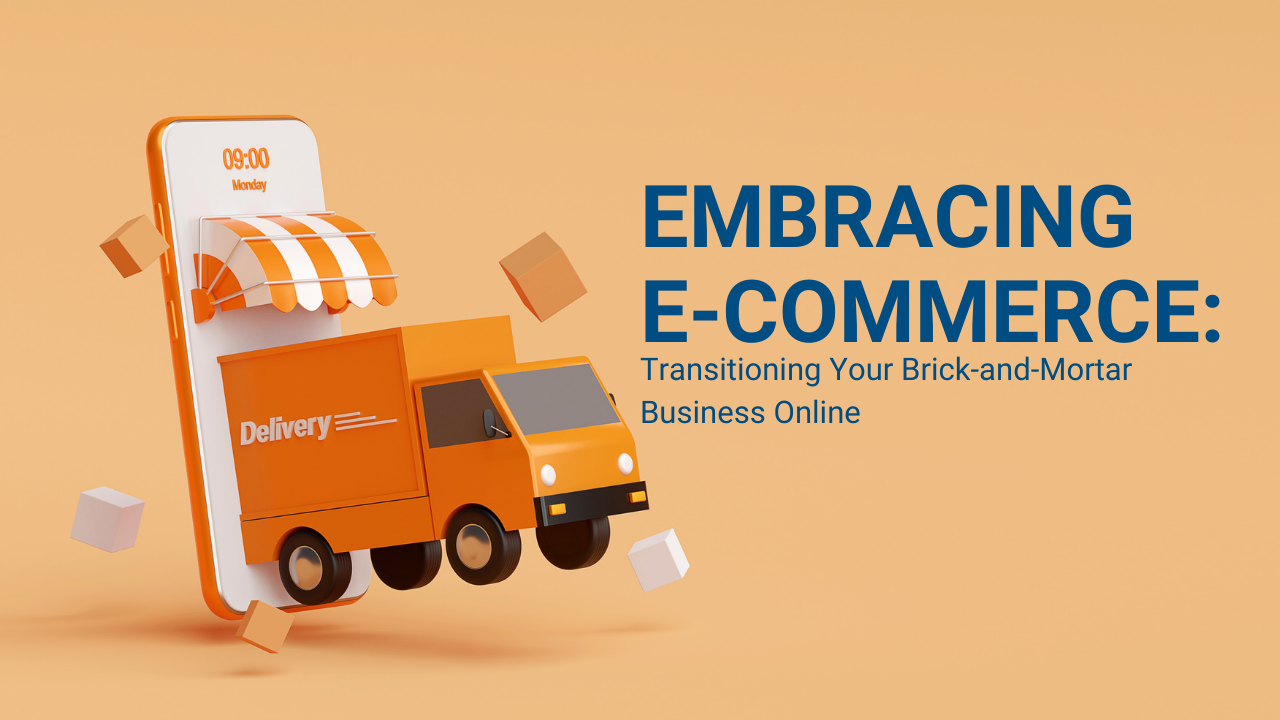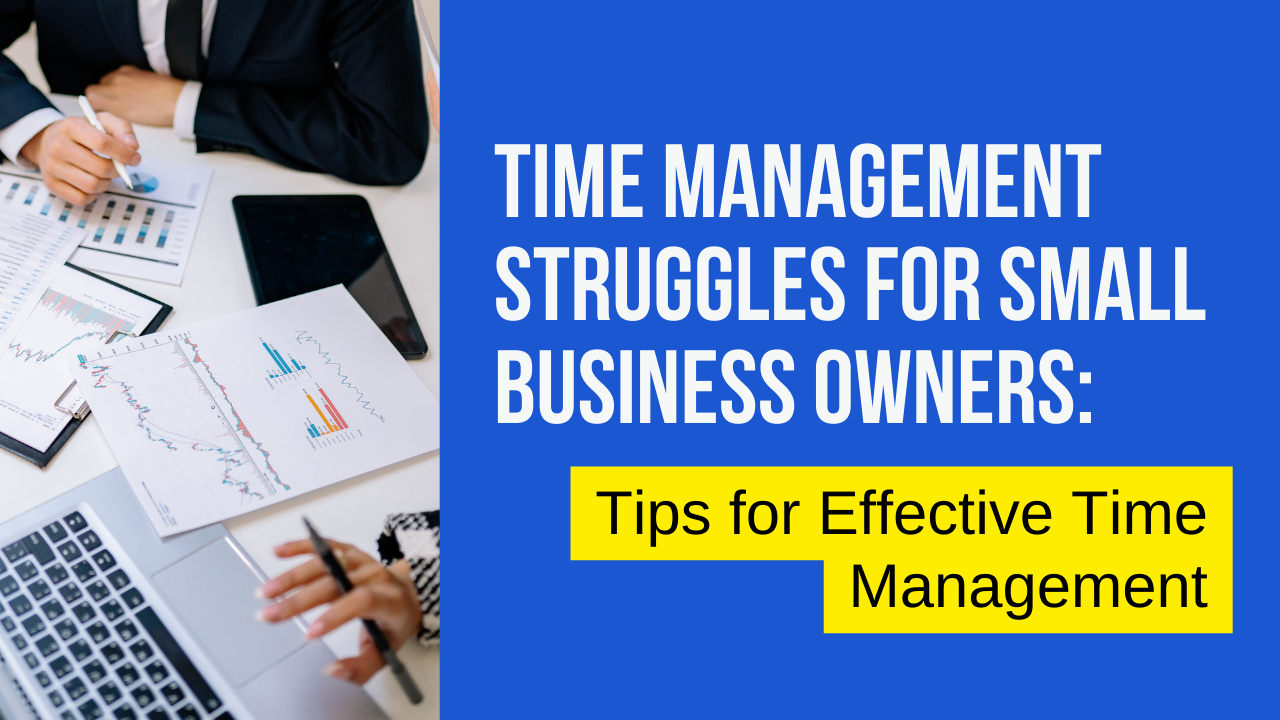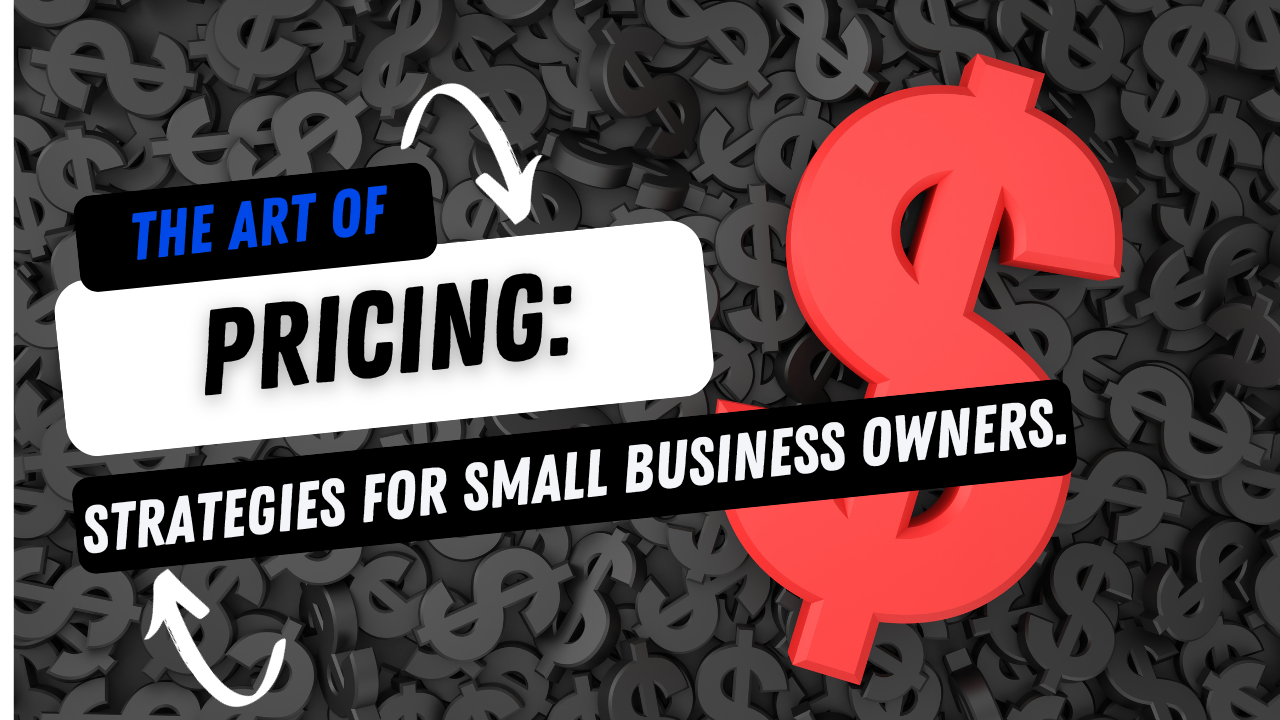Why You Need Business Credit (and how to build it)

Welcome to the exciting world of business credit, where the stakes are high, the interest rates are low (if you play your cards right), and being financially focused is the name of the game. We're going to break down why establishing and building business credit is not just a suggestion—it's the secret handshake to the VIP club of favorable financing options.
(Business) Size Doesn't Matter, But Your Credit Score Does.
Alright, let's debunk the myth that only the big players need to worry about business credit. Newsflash: businesses of all sizes can (and should) flaunt their credit scores like a prized possession. Why? Because whether you're a David or a Goliath, having a good business credit score means you get better rates, better terms, and a buffet of financing options. Who wouldn't want that?
The Business Credit Free-For-All.
Now, let's address the business credit elephant in the room: It's a free-for-all. Unlike personal credit, where your secrets are safe and sound unti...
Credit Cards vs. Debit Cards for Small Business Owners

Managing your finances effectively is crucial to the success and growth of your business. As a business owner, you'll face many big decisions in this realm, including whether to use credit cards or debit cards for your business transactions. Each option has its own pros and cons. In this post, we'll explore both and explain why you should consider using a credit card as your primary payment method.
Let's start with Debit Cards.
Pros?
- No Debt Accumulation: Debit cards are linked directly to your bank account, so you can only spend what you have. This reduces the risk of accumulating debt and paying interest.
- Simplicity: Debit cards are straightforward to use, and you won't have to worry about monthly payments, interest rates, or late fees.
- Security: Debit cards come with security features like PINs and chip technology, making them a safe option for in-person and online transactions.
And the cons of Debit Cards:
- No Credit-Building Opportunity: While responsible credit ca...
Don't Break the Bank: 30 Sometimes-Overlooked Expenses Small Business Owners Should Budget For

Pulse check: When was the last time you took a look at your expenses? We mean, really look at them. Line by line. Item by item. We’re talkin’ getting up-close-and-personal with the final destination of every dollar and cent that’s passed through your business.
Would any of those expenses surprise you?
Probably yes.
Whether you’re just starting out (or have been in the game for a few years), running a small business has its fair share of financial challenges. In the daily hustle and bustle to keep the metaphorical boat from sinking, it's easy to forget about certain expenses that might sneak up on you.
To keep your finances in check and prevent any nasty surprises down the road, it's essential to create a comprehensive budget. To help you out, we’ve highlighted 30 sometimes-overlooked expenses that small business owners should account for.
- Taxes and Licenses: Be sure to set aside funds for business licenses, state and local taxes, and any industry-specific permits.
- Insurance...
Budgeting and Forecasting for Small Business Success: Know the Difference

Good things come in pairs: Simon and Garfunkel. Burger and fries. Stars and Stripes. Surf and Turf.
And Budgeting and Forecasting.
As a small business owner, carefully planning your finances is a must if you want to stay IN business; budgeting and forecasting are two essential tools that can help you achieve this goal. Although they may sound the same, they serve uniquely different purposes and play a crucial role in shaping the financial health of your small business.
In this post, we'll dive into the differences between budgeting and forecasting, why they are both essential, and how they can affect your business's success and financial well-being.
Budgeting vs. Forecasting
Before delving into the importance of budgeting and forecasting, let's clarify the difference between these two financial processes:
Budgeting is like a roadmap that tells you what money is coming in and what you'll spend it on for a year. It helps you set financial goals and use your resources wisely. You...
Embracing E-commerce: Transitioning Your Brick-and-Mortar Business Online

Want to run a successful business?
Change or die.
OK, dramatics aside, there is a lot of truth in these three simple words. In a rapidly evolving world, embracing change is often necessary for businesses to thrive. Failure to acclimate will find you in the graveyard of has-beens alongside MySpace, Blockbuster, and Enron.
This holds true for any business, but brick-and-mortar operations could benefit the most from a little shake-up. More specifically, transitioning - or adding - E-commerce to their playbooks.
Obviously, there are undeniable challenges, but the advantages and opportunities are equally compelling. Here, we explore the pros and cons of taking your brick-and-mortar business online and why you might find success in unexpected ways.
The Pros of E-commerce:
- Wider Reach and Market Expansion: One of the greatest benefits of e-commerce is the ability to reach a global audience. This makes your products or services accessible to customers beyond your local community, le...
The Power of Building Good Habits for Your Small Biz Success

“Quality is not an act, it is a habit.” - Aristotle
Running a successful small business is not just about having a great product or service. It's about consistently making the right choices and building good habits that lead to long-term growth and prosperity.
The Habitual Path to Success
As a small biz owner, you've got a lot on your plate when it comes to managing all the moving parts and pieces of your operation. And this can be overwhelming, especially if you don't have a structured approach to handle all the moving parts and pieces.
That's why developing good habits is key.
Habits are the small, seemingly insignificant choices we make consistently but are the silent architects of our routines, gradually shaping the course of our businesses and our personal lives. For small business owners, recognizing the significance of these habits and harnessing their power can make all the difference between thriving and merely surviving.
Think about this: Do you have the habit of...
Time Management Struggles for Small Business Owners: Tips for Effective Time Management

Running a small business can be a fulfilling experience.
BUT (and that's a big but), it's no secret that it can be challenging to manage all the things that need to be done at all hours of the day.
We recently polled readers of our newsletter, The Weekly, and an OVERWHELMING majority (59% to be exact) said their biggest struggle as a small biz owner is Lack of Time / Time Management.
Now, if someone could figure out the whole time travel thing to give us back hours in our days, they'd be a very wealthy person. But short of any breakthroughs made in the study of quantum mechanics or whatever, we'll have to make do with the 24 hours we're given.
So, what do we do?
Before we get to the solution, let's start with the problem. (Or, problems.)
Wearing Multiple Hats
Small business owners have to fulfill several roles within their company, which is one of their most significant challenges. They are responsible for marketing and sales, customer service, bookkeeping, peacekeeping,...
The Art of Pricing: Strategies for Small Business Owners

Figuring out the right prices can be a real headache for small businesses. Charge too much, and you'll scare away your customers. Charge too little, and you'll end up eating more instant noodles than a college dorm room during finals week. It's a make-or-break decision that can impact your profitability. To help you out, we've put together this blog post to help small business owners get a better handle on pricing strategies. Give it a read and see how it can benefit your bottom line.
Understanding Your Costs:
Before diving into pricing strategies, it's essential to understand your costs. Calculate the cost of goods sold (COGS) and consider overhead expenses. This includes production costs, labor, rent, utilities, and more. Knowing your costs provides a baseline for pricing that ensures you cover expenses.
Market Research:
Conduct thorough market research to understand your competitors and target audience. What are similar businesses charging for similar products or services? Wh...
Life is Like Underwear, Change is Good.

Let's face it: life can be a lot like underwear – it gets a bit uncomfortable when it stays the same for too long. And just like the undergarments we hope you swap out on a regular basis, change is not only good; it's essential, especially when it comes to your business.
Whether it's a shift in market trends, new technology, economic fluctuations, or unforeseen challenges like the COVID-19 pandemic, small business owners must be prepared to adapt and evolve to thrive in an ever-changing landscape.
Navigating change as a small business owner can be challenging, but with the right strategies, it can also be an opportunity for growth and innovation. Below are some key strategies for successfully navigating change as a small business owner.
1. Embrace a Growth Mindset
If you want to handle change like a boss, the first thing you need to do is adopt a growth mindset. Understand that change is a totally normal part of business and can actually be a great opportunity to learn and imp...
The Rule of Thirds: A Blueprint for Success

Photographers and artists often use something called the Rule of Thirds in their work. They break the image into three sections (vertically and horizontally), and this compositional guideline serves almost like a cheat sheet to guarantee balanced and visually appealing images.
This same principle can also be applied to the world of business. But rather than framing a perfect shot, it's a strategic approach to achieving balance and success in your entrepreneurial journey. From marketing to decision-making, following the rule of thirds can serve as your own blueprint.
Product Development
One of the primary applications of the Rule of Thirds in business is in product development. Here's how it works:
- Customer Needs (1/3): Allocate one-third of your product development efforts to understanding your customers' needs and preferences. Invest in market research, conduct surveys, and gather feedback to ensure your product addresses a genuine demand.
- Innovation (1/3): Allocate anot...



